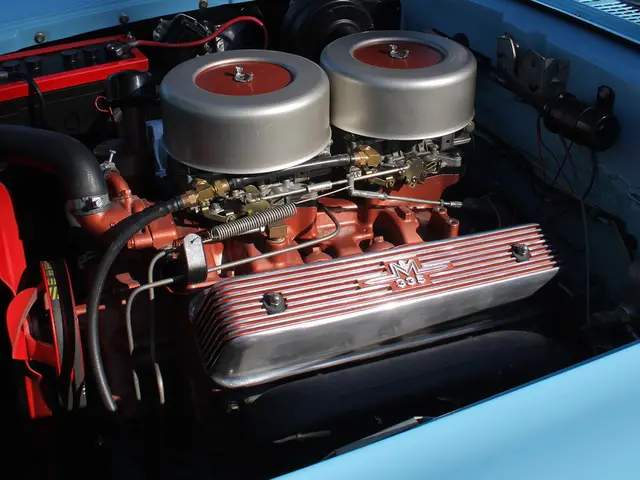China Set to Revolutionize CCUS with Dramatically Cheaper Costs and Faster Completion Times
China is set to revolutionize carbon capture, utilization, and storage (CCUS) with significantly cheaper costs and faster project completion times compared to Europe and the US. Chinese state-owned enterprises aim to reduce CCUS costs to $30 to $40 per tonne of CO2, a stark contrast to Europe's over $300 per tonne. This dramatic reduction is expected to take place within the next three decades. China's speed in CCUS project completion is equally impressive. State-owned enterprises claim to finish projects in approximately 18 months, more than twice as fast as US and European counterparts. In Europe, only two commercial-scale CCUS projects are operational in the power sector, despite it being responsible for one-third of global energy emissions. Over 50% of announced CCUS capacity for power plants has been cancelled or delayed over the past decade. The continent's first commercially viable power CCUS venture, BP's NZT Power project in the UK, has an estimated pre-tax IRR of 20.8% with government support. Bioenergy with carbon capture and storage (BECCS) shows promise where fossil fuel CCUS struggles, with projects boasting internal rates of return of 16% to 23%. However, CCUS economics deteriorate rapidly as renewable energy forces thermal plants into increasingly flexible roles, making projects less cost-effective. EDF, a European company, postponed its final investment decision for a CCUS project from 2025 to late 2026 due to financing concerns, highlighting the challenges faced by CCUS projects in Europe. China's cost advantage in CCUS could reshape global industrial competitiveness as the EU's Carbon Border Adjustment Mechanism takes effect from 2026. Wood Mackenzie projects capture costs will fall up to 60% in real terms by 2050 through next-generation technologies, further driving down costs and increasing the feasibility of CCUS projects worldwide.
Read also:
- European consumers are on the brink of experiencing a significant leap forward in electric vehicle (EV) charging technology, as Chinese automaker BYD prepares to unveil its innovative advancements.
- DEWA & Parkin Boost Dubai's EV Charging Infrastructure with 100 New Stations
- Dixie Fire Compensation Stalled, Montana Wildfire Threatens Homes
- Martin John Workshop Wins Bavarian Environmental Award for Green Initiatives








